JCPOA revival talks must secure Iranian people’s rights, lead to tangible results: FM
Iran’s Foreign Minister Hossein Amir-Abdollahian says the country welcomes any negotiations that would meet the interests and secure the rights of the Iranian people.
“The 13th [Iranian] administration, at the beginning of its work, is engaged in internal consultations about how to continue the Vienna talks [on the revival of the 2015 nuclear deal], but it welcomes negotiations that produce tangible results and meet the rights and interests of the [Iranian] people,” Amir-Abdollahian told British Foreign Secretary Dominic Raab in a Monday phone call.
He added that Iran also expects all illegal sanctions that have been imposed on the country by the US and other Western states to be removed.
Iran and the other five remaining parties to the nuclear deal signed between Tehran and world powers in 2015, officially known as the Joint Comprehensive Plan of Action (JCPOA), that is, Britain, France, Germany, Russia and China, have held six rounds of talks in Vienna to salvage the faltering agreement by bringing the US, as the violator of the deal, back into compliance.
In quitting the JCPOA in May 2018, the administration of former US President Donald Trump reinstated the sanctions on Iran that had been lifted under the accord, while mounting pressure on the country with new bans, as the other parties stood by and failed to protect Iran’s contractual benefits.
During his first televised address to the Iranian people, Iran's President Ebrahim Raeisi dismissed the idea of holding negotiations over the JCPOA revival under pressure, saying such tactics have never yielded the US and Europe any result.
“Negotiation and dialog have always been and will continue to be part of the instruments that are in the service of diplomacy. We do not balk at negotiation and dialog,” he said, adding, “But the Americans and the Westerners are after negotiation in conjunction with pressure. This is while negotiations are there to avoid pressure.”
Elsewhere in his remarks, Amir-Abdollahian criticized the wrong policies adopted by the United States and some Western countries on Afghanistan, saying that establishment of security and stability in the war-ravaged country depends on the formation of an inclusive government with the participation of all ethnic groups, promotion of dialogue, avoidance of violence, and adoption of practical ways to fight terrorism.
The top Iranian diplomat also expressed his country’s readiness to facilitate the dispatch of humanitarian aid to Afghanistan.
On August 15, the government of Afghanistan rapidly collapsed and President Ashraf Ghani fled the country in the face of the lightning advances of the Taliban, following what has been censured as a hasty withdrawal of American forces from the country.
Thousands of Afghan civilians and diplomats rushed to take evacuation flights from Kabul, with the US and its allies only watching as the country’s miserable and catastrophic conditions unraveled.
Human rights activists have called on the international community to hold the US accountable for the war crimes it has committed during its 20-year occupation of Afghanistan.
The US and its NATO allies invaded Afghanistan in 2001 under the pretext that the Taliban militants were harboring al-Qaeda. The invasion removed the Taliban from power, but it worsened the security situation in the country.
UN Secretary General Antonio Guterres on Monday called on the international community to provide humanitarian aid and a “lifeline” for Afghan people following years of conflict and the Taliban’s shock takeover of the war-ravaged country.
Guterres made the plea at a donor conference attended by European Union ministers in Geneva, saying the international community should dig deep and provide desperately needed aid to Afghans as "the people of Afghanistan need a lifeline."
During the conversation with his British counterpart, Amir-Abdollahian also stressed the importance of taking confidence-building steps by the UK government in order to resolve some outstanding problems in mutual relations, saying Tehran will welcome London’s “constructive and practical” measures in this regard.
The British foreign secretary, for his part, expressed hope that Tehran and London would expand relations and interactions in various fields based on mutual understanding under the new Iranian government that took office last month.
Raab also reiterated his country’s commitment to repay its debt to Iran.
Britain owes as much as £400m to Iran arising from the non-delivery of Chieftain tanks ordered by Iran's ousted monarch Mohammad Reza Shah.
The International Military Services (IMS), a subsidiary of the British Ministry of Defense, signed contracts in 1971 to sell more than 1,750 Chieftain tanks and armored vehicles to Iran. The deals were canceled after the Shah was deposed in the 1979 Islamic Revolution, but Iran had already paid for the undelivered tanks and demanded its money back.
An international arbitration in 2008 ruled the UK owed the debt, but London has not yet paid up.
For the first time, British Defense Secretary Ben Wallace in September 2020 acknowledged his country’s debt to Iran over a decades-old arms deal.
“With regard to IMS Ltd and the outstanding legal dispute the government acknowledges there is a debt to be paid and continues to explore every legal avenue for the lawful discharge of that debt,” Wallace said.
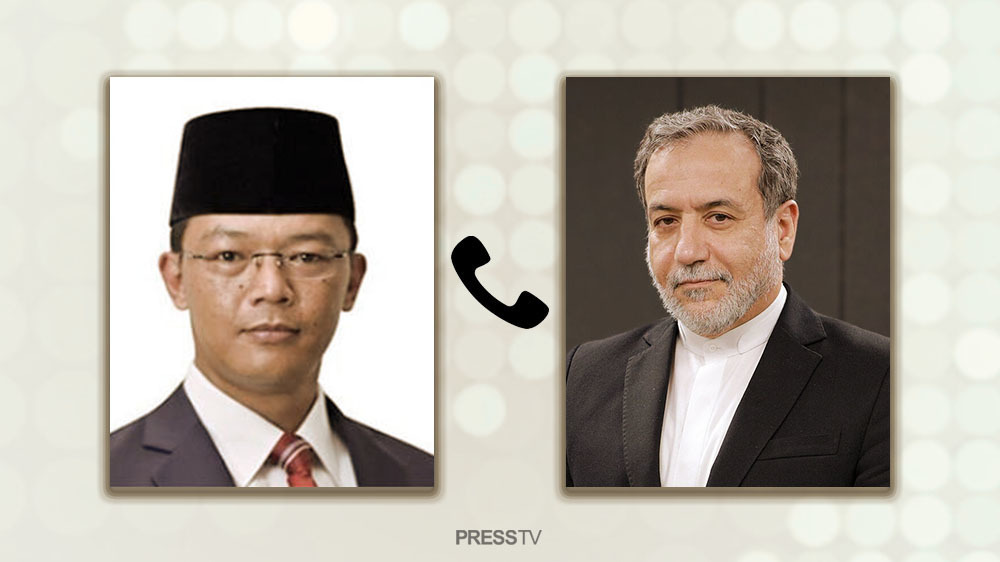
Indonesia, Iran stress commitment to expanding relations
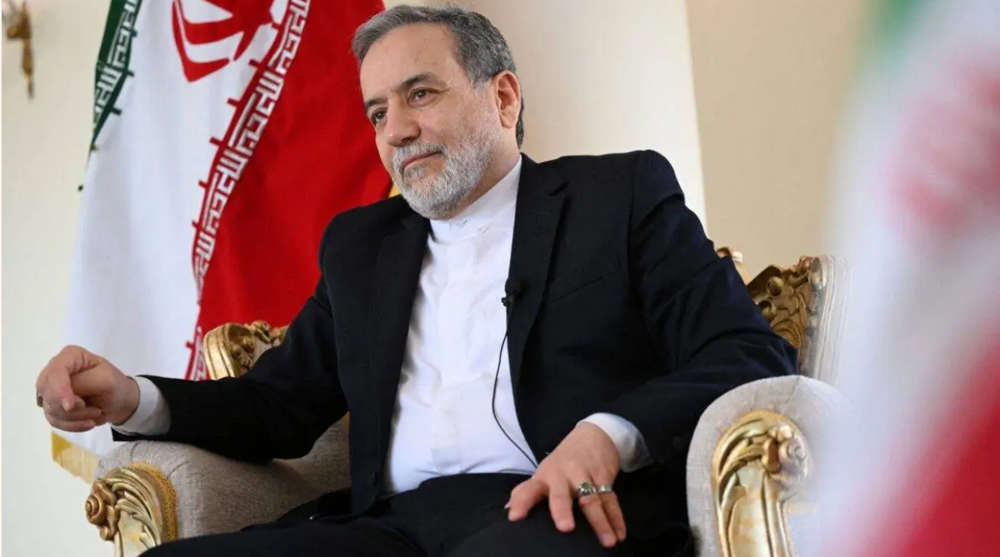
Iran FM says ready to visit Paris, Berlin, London for diplomacy
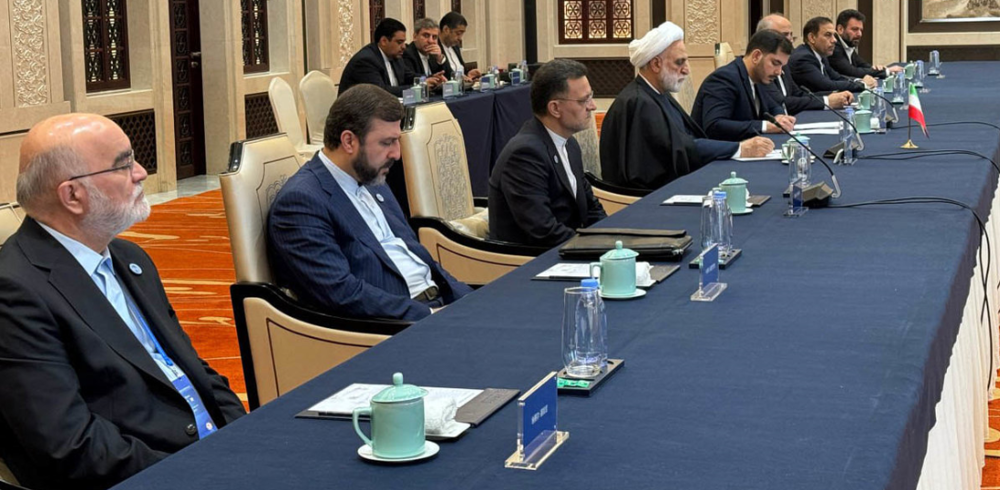
Iran elected to chair judicial summit of Shanghai group in 2026
Trump poised to sell arms worth $100 billion to Saudi Arabia: Report
'War is defeat': Pope Francis will be remembered for his moral stand on Gaza
Cases of Esfandiari and Hazamy: France’s quiet war on Muslim, Iranian, pro-Gaza voices
VIDEO | India-Pakistan tension
Indonesia, Iran stress commitment to expanding relations
Israel threatens 'larger' war on Gaza with new evacuation orders
Senior diplomats from Iran, Russia, China hold talks with IAEA chief
Two US marines accused of raping Japanese women in Okinawa


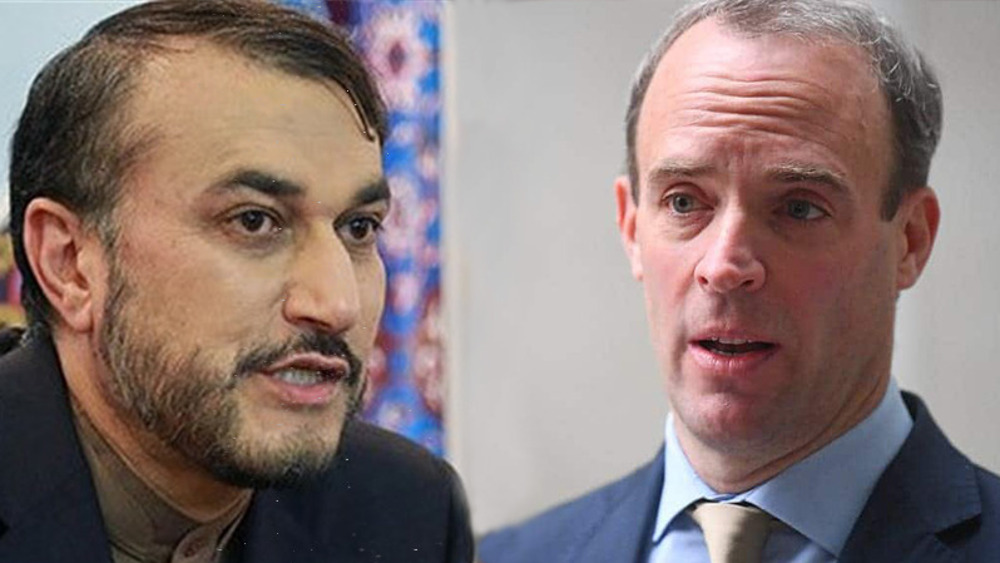
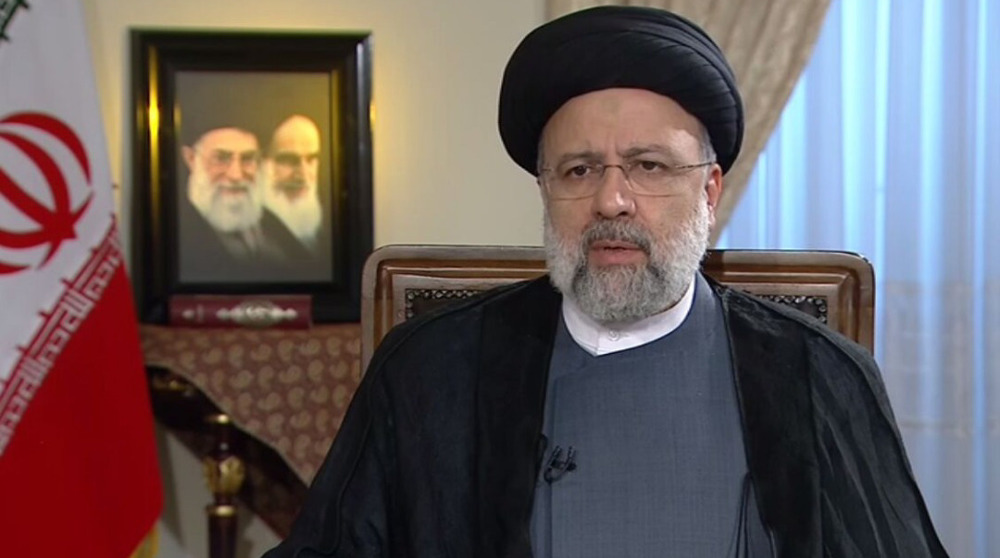
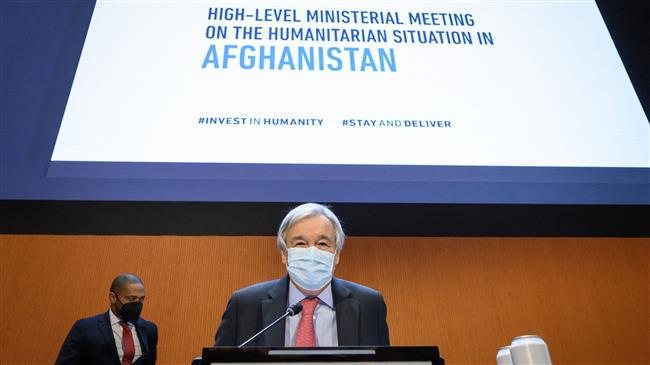
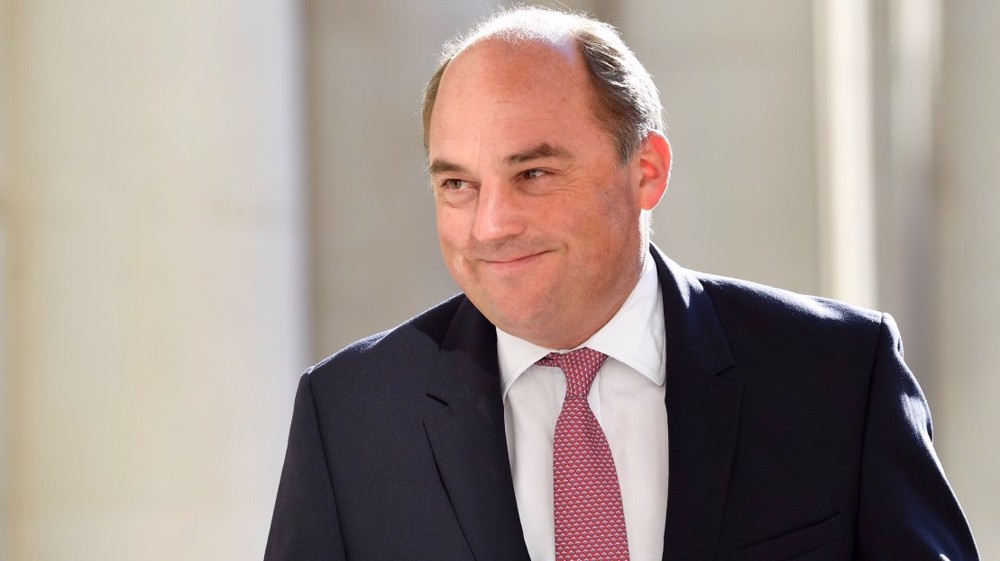




 This makes it easy to access the Press TV website
This makes it easy to access the Press TV website